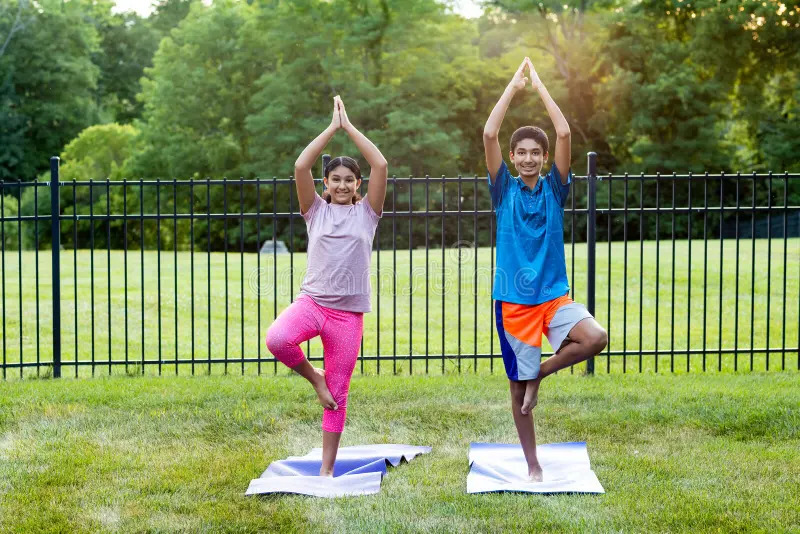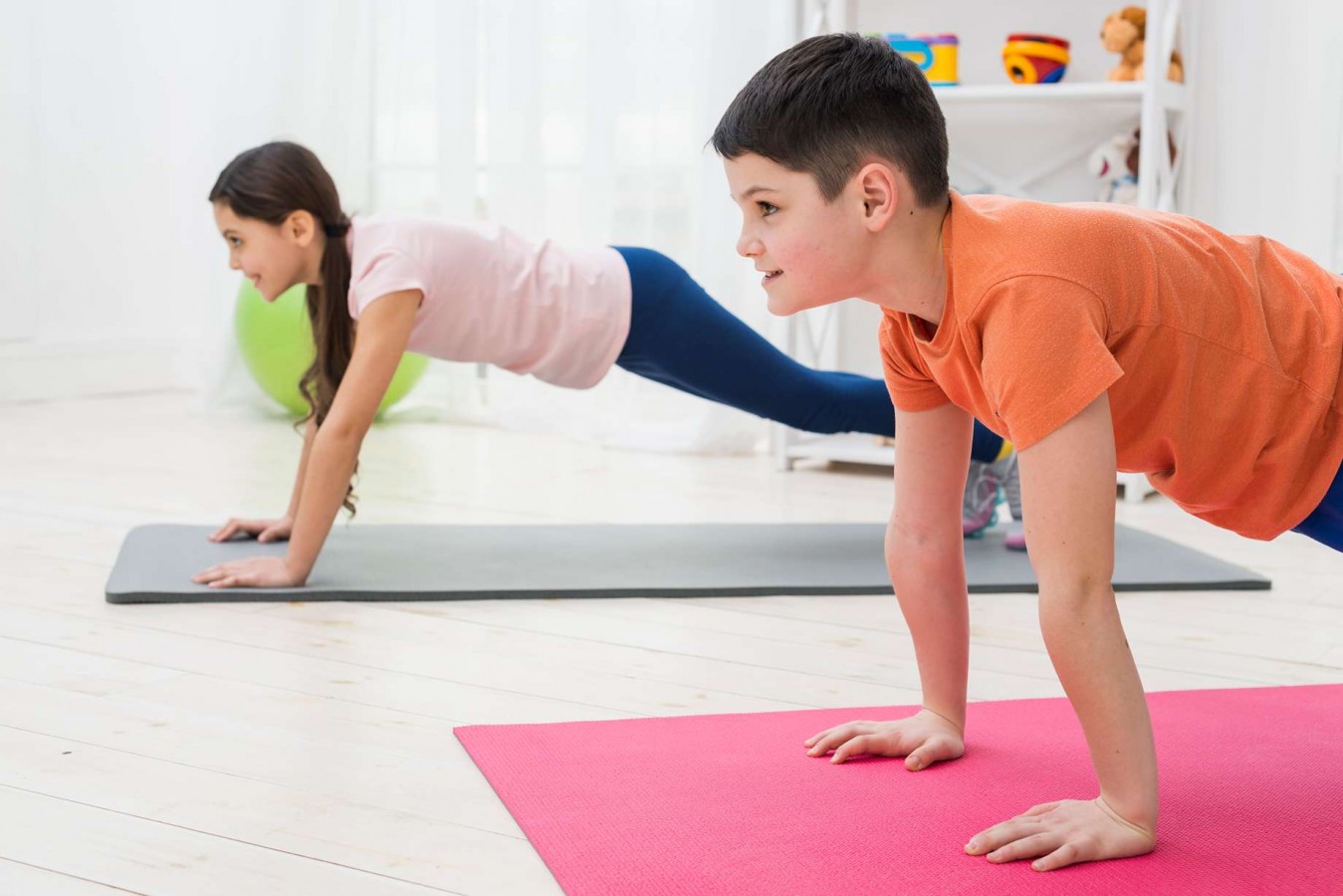

Easy Fitness Tips Every School Kid Should Follow Daily
- Jul 17, 2025
- Fitness
- By Super Admin


Daily fitness is essential for school kids to stay active, focused, and emotionally balanced. Simple activities like morning yoga, fun games, and healthy meals support both physical and mental well-being. Incorporating light movement during school breaks and practicing mindfulness can reduce stress and improve concentration. When families participate in fitness routines together, it helps build lifelong healthy habits in children.

Fitness is not just for athletes — it’s essential for every school kid. With increasing screen time, stress from studies, and reduced outdoor play, kids today need a routine that supports their mental health in sports and daily life. As shared by HSWF.Network, encouraging children to stay active from an early age can lead to better concentration, improved mood, and stronger physical development.
A 10-minute morning stretch can wake up the body and refresh the mind. Yoga improves flexibility, boosts focus and helps maintain emotional balance — all vital for a school-going child. It also contributes positively to mental health in sports, helping kids stay calm and confident in competitive situations.
Quick Tips:
HSWF.Network recommends engaging children through fun movement-based games that promote fitness. Activities like skipping, tag, dancing, or obstacle races ensure that kids don’t feel forced to "exercise" — they just enjoy moving.
Suggestions:
School breaks are the perfect time to sneak in light movement and mindful snacking. Kids can do stretches, take a short walk, or play a mini game during lunch or recess. Staying physically active during breaks helps reset their mind, directly improving mental health in sports and academics.
Break-time Fitness Ideas:
One of the most important nutrition tips for athletes and school children is maintaining a well-balanced diet. Nutritious meals fuel both the brain and the body.
Nutrition Tips for Athletes (Also Apply to Kids):
Kids model what they see. When families engage in fitness activities together — evening walks, bike rides, yoga sessions — children learn to value physical activity. According to HSWF.Network, family-driven fitness creates long-term positive habits.
Family Ideas:
Children also face pressure from academics and peer pressure. Movement-based routines like aerobic dance, walking, or mindfulness exercises like meditation can reduce stress and support mental health in sports.
Mindfulness Tips:
Even during exams, kids should not skip activity. A short 15-minute walk or skipping session between study hours can enhance memory retention and reduce anxiety. Platforms like HSWF.Network highlight the importance of small but consistent movement to support performance in both sports and academics.
Daily fitness is crucial not just for physical health but also for building emotional resilience and cognitive skills in kids. By combining fun, balanced meals, mindfulness, and family participation, children can grow with strength and confidence.
Start small, stay consistent — and let platforms like HSWF.Network guide your child’s fitness journey.
Stay Active. Stay Sharp. Stay Healthy.